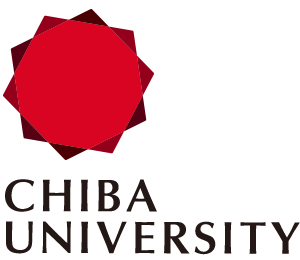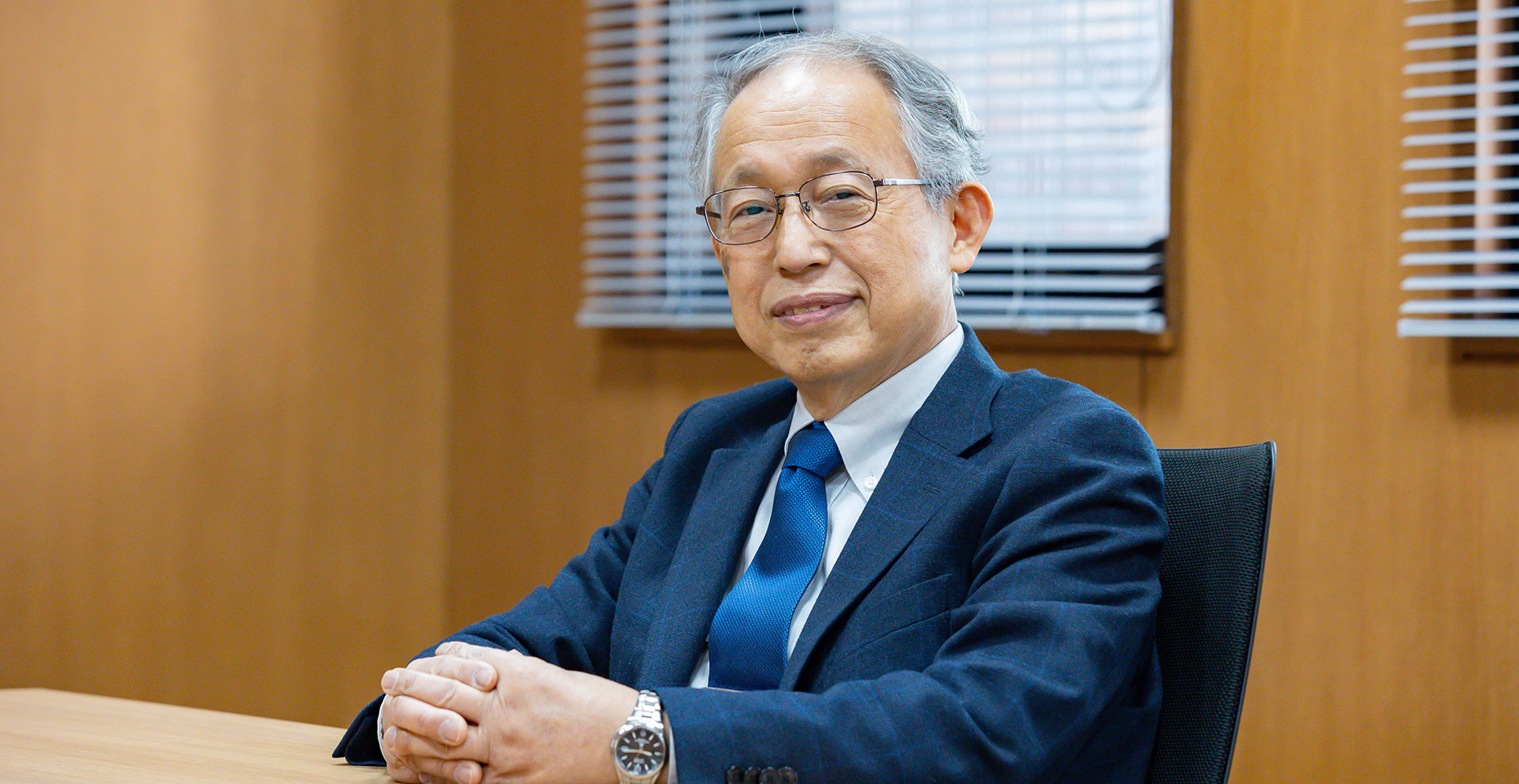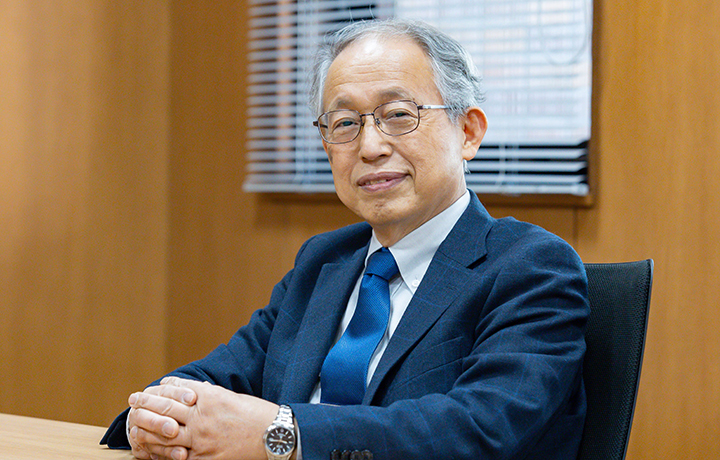With the Paris Agreement for climate change and the adoption of the Sustainable Development Goals (SDGs), many countries, including international powers, have made it their national priority to foster a “bioeconomy” that promotes sustainable economic growth while addressing social challenges. In June 2019, Japan established its “Bioeconomy Strategy 2019,” which identifies universities as key players in bioresearch. In line with this, in July 2021, Chiba University launched its new vision, “Chiba University Aspirations: Toward a world-preeminent academic institution.” This vision aims to enhance academic research and ensure the practical implementation and application of research results in society, with the ultimate goal of “Innovation Creation Originating from Chiba University.” To achieve this, Chiba University established the Academic Research & Innovation Management Organization (IMO), which mobilizes specialists and key functions to promote basic research, facilitate industry-academia collaborations, revitalize local communities, regions, and industries, and accelerate innovation. We spoke with Dr. Koichi Fujie, Director-General of the IMO, about Chiba University’s investment in bioresearch and its implementation in society.
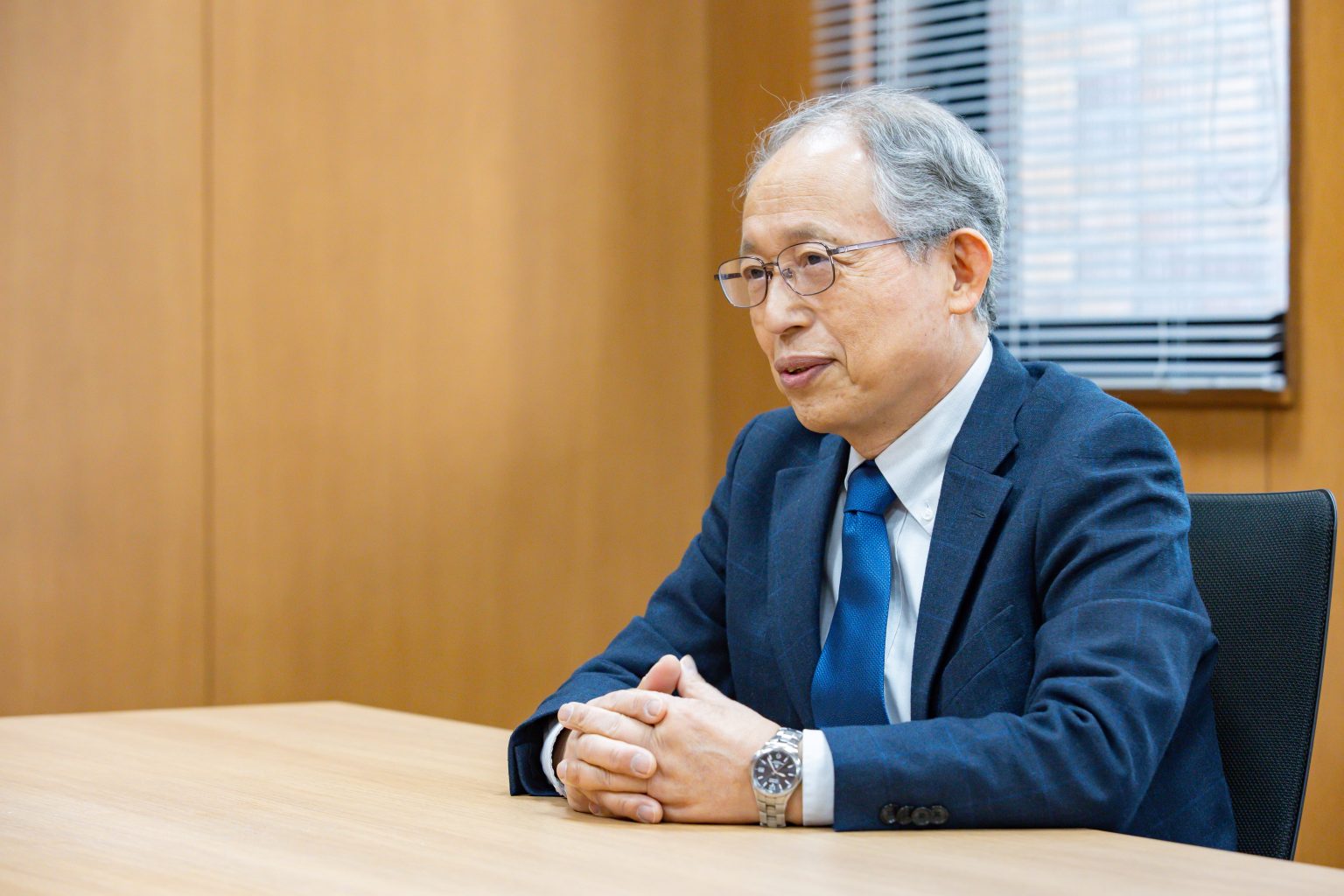
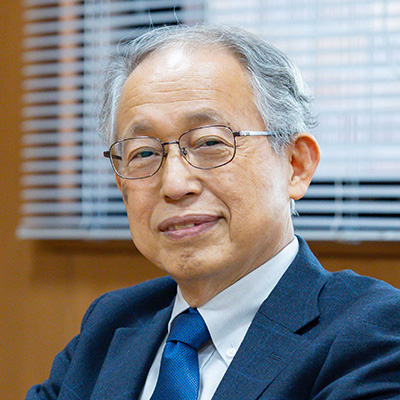
Koichi FUJIE
Director-General, Academic Research & Innovation Management Organization, Chiba University
Dr. Fujie, please tell us why Chiba University is prioritizing bioresearch.
The Benefits of Interconnected, Unique Research Using the Best Existing Knowledge
I came to Chiba University in 2021. But, long before that, I had been monitoring with great interest, the cutting-edge research being conducted across various faculties such as Horticulture, Pharmaceutical Sciences, Medicine, Engineering, and Science. I thought just how powerful and unique Chiba University could become if these faculties could collaborate seamlessly and cohesively.
Chiba University has many strengths. Its “intangible” aspects include its rich research prowess, its international networks that spread across the globe, its ability to foster graduates who contribute significantly to society, and its organizational structure for industry-academia collaborations. It is also home to leading organizations, including the Chiba University Hospital, the Center for Environmental Remote Sensing, the Medical Mycology Research Center—the only one of its kind in Japan—and many others. The IMO exists to take these research results and disseminate them to the broader society.
A Top Leader in the Fields of Biotechnology and Life Sciences
“Sustainability” (SDGs) and “quality of life” (QOL) are key concepts that must be realized in the daily lives of everyone. What I perceive from these two terms is the need to create a society where biotechnology is at the forefront.
In fact, contributions from biotechnology research will be indispensable to the creation of a sustainable society. Life sciences are also essential to improving the QOL via its roles in pharmaceuticals and in preserving and improving health in general. Chiba University can serve in the realization of these goals. This is because our university has numerous top leaders in the fields of biotechnology and life sciences and has already accumulated groundbreaking research results.
As an active member of the Greater Tokyo Biocommunity
Chiba University is actively participating in the Greater Tokyo Biocommunity (GTB), which is a key component of the Japanese government’s “Bio Strategy,” established in 2019. By leveraging its research findings, the university intends to contribute to the GTB’s mission of establishing a leading bioeconomy society in the Tokyo metropolitan area by 2030 through collaboration among academia, industry, and government.
Established in October 2021, the GTB aims to create a bio-community in the region and promote industry-academia collaborations to achieve the goal of the world’s most advanced bioeconomy society. Moving forward, Chiba University plans to advance its cutting-edge bio-related research and development across its campuses, utilize the GTB framework, serve as a bridge to translate research results into industrial applications, and foster future talents to meet industry needs.
What kind of “biotech research” is envisioned at Chiba University?
Chiba University envisions biotech research in two major aspects: life sciences and biotechnology, both of which are directly related to improving Quality of Life (QOL) and fulfilling Sustainable Development Goals (SDGs) for a sustainable society.
Chiba University Research Seamlessly Links All Processes from Academic Research to Social Contributions
In terms of life sciences, Chiba University’s tightly connected and fully integrated research environment has the potential to make major contributions to society. Let me give you an example. The Faculty of Horticulture conducts research on how to improve the production of plants that have pharmaceutical effects. Next in line, the Faculty of Pharmaceutical Sciences isolates and analyzes the efficacious components of these plants. They then perform structural changes that can further enhance these pharmaceutical benefits. Meanwhile, the School of Medicine validates these pharmaceutical effects on animal models, and then at a human level. If their safety can also be confirmed, then our affiliated Chiba University Hospital can perform controlled, authorized trials to test these effects.
As you can see, each stage of our research environment is closely linked, from the exploration and extraction processes of basic and fundamental research, all the way to the clinical trials that prepare for the introduction of useful findings to society. Chiba University can seamlessly conduct research and development activities to propose more efficient solutions for the issues that plague society, contributing to society in a timely manner.
Biotechnology for the Underground Storage of Carbon Dioxide (CO2)
One of society’s major challenges is to achieve carbon neutrality. Again, research at Chiba University can play a leading role in reaching this goal. One example is the underground storage of carbon dioxide (CO2), which is carbon sequestration, through careful ecosystem management. By ensuring that atmospheric CO2 is buried underground as organic material, levels of CO2 in the air can be significantly reduced.
Unfortunately, cutting down and burning rainforests for crop cultivation results in the release of CO2 into the air through the dissolution of organic materials in woody fiber and soil. On the other hand, the careful management of tropical rainforests can ensure that organic material is maintained in the soil, with biomass returned to the ground. This highlights how carbon can be stored in both soil and forests.
At Chiba University, the Faculty of Horticulture is conducting research on plant cultivation and ecosystem management to help achieve this all-important goal of carbon neutrality. Through their work, they aim to contribute to a more sustainable future.
Data Sciences at the Center for Environmental Remote Sensing to Monitor Ecosystems, Weather and Climate, and Environmental Changes
The Center for Environmental Remote Sensing (CEReS) at Chiba University employs satellite technology to monitor a wide range of environmental factors such as ecosystems, weather, and climate changes. By integrating this satellite data with the ecosystem management research conducted by the Faculty of Horticulture, we can effectively manage, monitor, and respond to environmental and ecological changes on the globe, while also working towards the reduction of CO2 emissions.
To better address rapid changes in global environments, detailed research is being performed on the intricacies of meteorological forecasting. Big data and data sciences can greatly enhance our abilities to respond to environmental issues and natural disasters.
CEReS has been designated by the Japan Ministry of Education, Culture, Sports, Science and Technology (MEXT) as a Joint Usage/Research Center. This has helped CEReS move forward on international joint research through collaborations between various domestic and overseas universities and institutions. Through these efforts, CEReS aims to make significant contributions to the development, improvement, and active use of remote sensing, as well as global environmental protection and disaster prevention and response.
Giving Back to Society the Fruits of Research
Research to Help Society Comes in a Variety of Forms, from “Individual Items” to “Multi-item Packages”
Chiba University utilizes its strengths as a comprehensive national university to conduct research in life sciences beyond those that have been able to introduce today. These include research on the elucidation of the structure and function of membrane proteins, which can lead to the development of effective drugs. We are also working on the development of mucosal vaccines to address challenges associated with injection-type vaccines. Additionally, our biotechnology research extends to “outer space horticulture,” aimed at achieving zero emissions by farming vegetables on the Moon’s surface. You can see that our research themes are broad and diverse, and we are exploring ways to accelerate the creation of highly advanced research packages, cutting-edge drug developments, and other fields. By uniting individual strengths at Chiba University, we aim to contribute to the development of new technologies with varied uses and novel functions.
Chiba University boasts a vast array of knowledge and research resources that can be effectively utilized to achieve sustainability (and the SDGs) and improved QOL. This, in turn, can contribute to realizing various types of “happiness” and well-being for every individual. We remain committed to giving back to society and sharing the fruit of our research and collaborations while making sustainable contributions to Japan and the world. We also hope to promote greater awareness and understanding of the unique knowledge and research produced at Chiba University.
Series
From Drug Discovery to Space −At the Forefront of Bio Research−
The promotion of biotechnology is indispensable to achieving SDGs and improving the QOL of our people. We look into the unique research that our top leaders in Biotechnology and Life Sciences are challenging.
-

#1
2022.07.26
Non-Injectable Mucosal Vaccines Providing Safe and Less Stressful Immunization
-
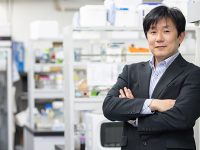
#2
2022.07.26
Understanding the Relationship between Diseases and Membrane Protein Structure
-

#3
2022.09.02
Developing next-generation drones: learning from insects and birds
-
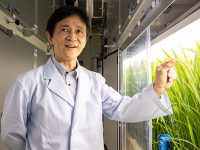
#4
2022.10.06
Plant factory: sustainable plant production on Earth and in outer space
-
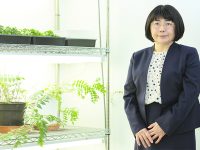
#5
2023.01.14
Mimicking the 500 million years of plant survival strategies to create a sustainable future
-

#6
2023.03.17
Interdisciplinary Collaborations to Solve Social Issues: Frontier Bioresearch at Chiba University
Recommend
-
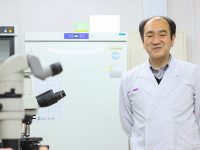
The World of Mold around Us: The A to Z of Mold
2023.04.06
-

Navigating Offshore Wind Power Expansion: Nurturing Ocean-based Wind Energy Management Experts through Industry-Academia Partnership
2023.09.28
-
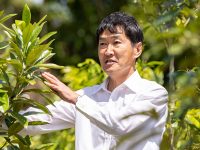
Towards a self-sustainable natural environment: The science of restoration ecology, where researchers engage in conversation with the earth
2023.02.02
